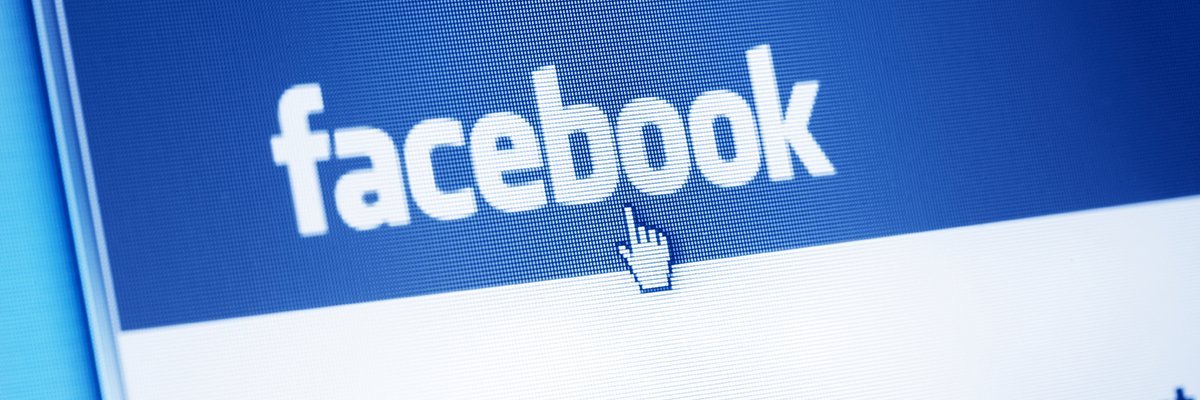Hispanic people in a meeting room ignoring their work and doing some social networking on their … [+]
getty
What if you could make the most of your time?
That’s a basic question to ask in the age of distraction. Algorithms on social media, as we all learned from the documentary The Social Dilemma on Netflix, are designed to keep us hooked at all hours of the day (and sometimes late into the night).
We’re living at a time when the more you doom scroll, the more you help pay the bills at Facebook. (Apparently, they really need your help.)
Yet, as with anything that seems hard to control, strangely compelling and alluring, or downright addictive and obsession-worthy, we have to ask the tough questions about why we are so obsessed. Why does it destroy our productivity, how can we gain back control, and what would we reclaim in life if we were not so distracted?
Author, speaker, and bright thinker Clay Scroggins (who just released a new book about leadership) has an explanation for why it seems like technology, social media, our phones, and all of the other digital clutter in our life seem to be gaining more and more of a foothold and why they are even more distracting: “Because distractions work, ”He says. “They keep us from feeling the things we don’t want to feel.”
I had a jaw-drop moment at that comment.
Distractions do work. They keep us from the things that matter, from the things that are actually productive, and from the things that make us feel. An entire decade of smartphone and social media obsession, summed up in one phrase.
“Our society is the most stressed, depressed, anxious, and worried group of humans to ever walk the planet,” he says. “Instead of dealing with our painful emotions, it’s easier to just open an app and scroll until our thumbs cramp. And just like we never get to the bottom of Instagram’s endless timeline, we never get to the bottom of our emotions, either. ”
Scroggins calls this an endless cycle. We want to satiate ourselves, so we pick something that is shallow and meaningless, which means we never deal with what is really troubling us in the first place. The way I’ve defined this cycle in my book about developing good habits is that the reward we’re searching for doesn’t actually exist on social media, which is what makes it so compelling. Whatever perception of a reward we might feel, we never obtain it so we keep looking for it.
Because social media is so shallow, it caters to an audience (all of us, actually) who don’t want to wade out into the depths. Inauthenticity works. We don’t have to think too hard when someone posts their political opinions or slams an entire people group.
“The newfound temptation to say all the right things while doing nothing about it has never been so prevalent,” says Scroggins. “For example, remember the summer of 2020? How many companies (and individuals for that matter) released statements condemning racism while doing very little to back it up? ”
“Leaders of the future must do the internal work, in their own souls and in the souls of their companies, to fight for authenticity,” he adds. “Either post what’s true or don’t post at all because as a society, we know too much to be fooled many more times.”
The challenge with social media and all of technology is to figure out what is worthwhile and has value, and what is causing distraction.
That is not easy. Scroggins says he uses social media to connect with readers, and he’s never found a better way to do that. For some of us, the solution is to focus on the good, the things that matter. That’s what Scroggins suggests as well.
“Learning to appreciate what others are doing without taking your eye off of the vision you have for your own life and organization is a must,” he says. “And learning when to unfollow someone when the comparison becomes too much is required for anyone interested in handling social media successfully.”
How are you answering the questions he is posing? Is social media a mere distraction or has it proved useful in some way? Drop a comment on my Twitter feed and tag me, or send me an email with your thoughts on the topic.













